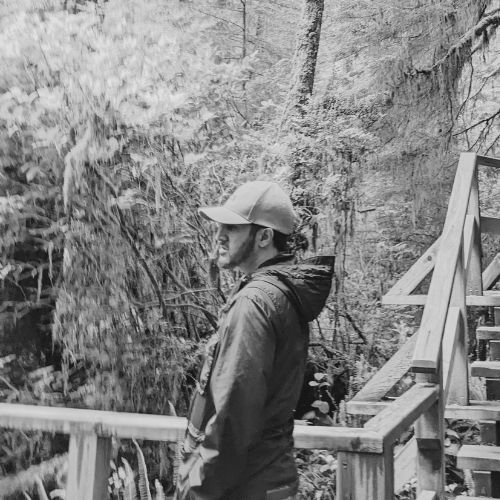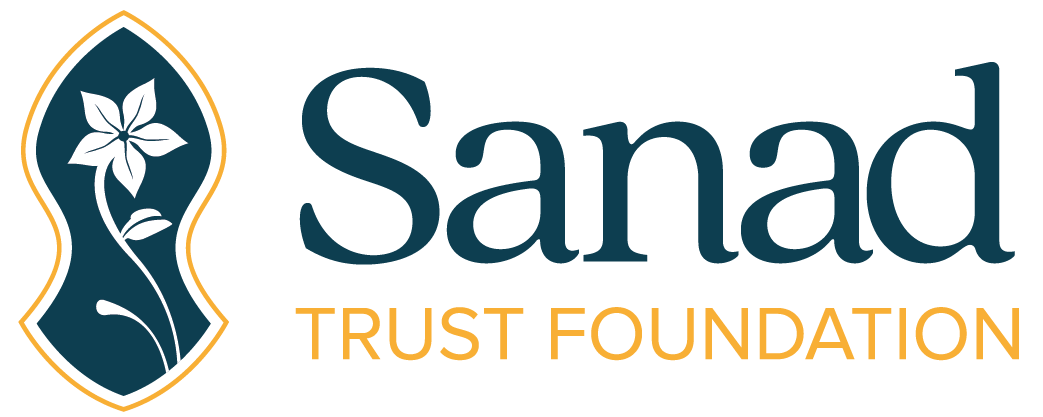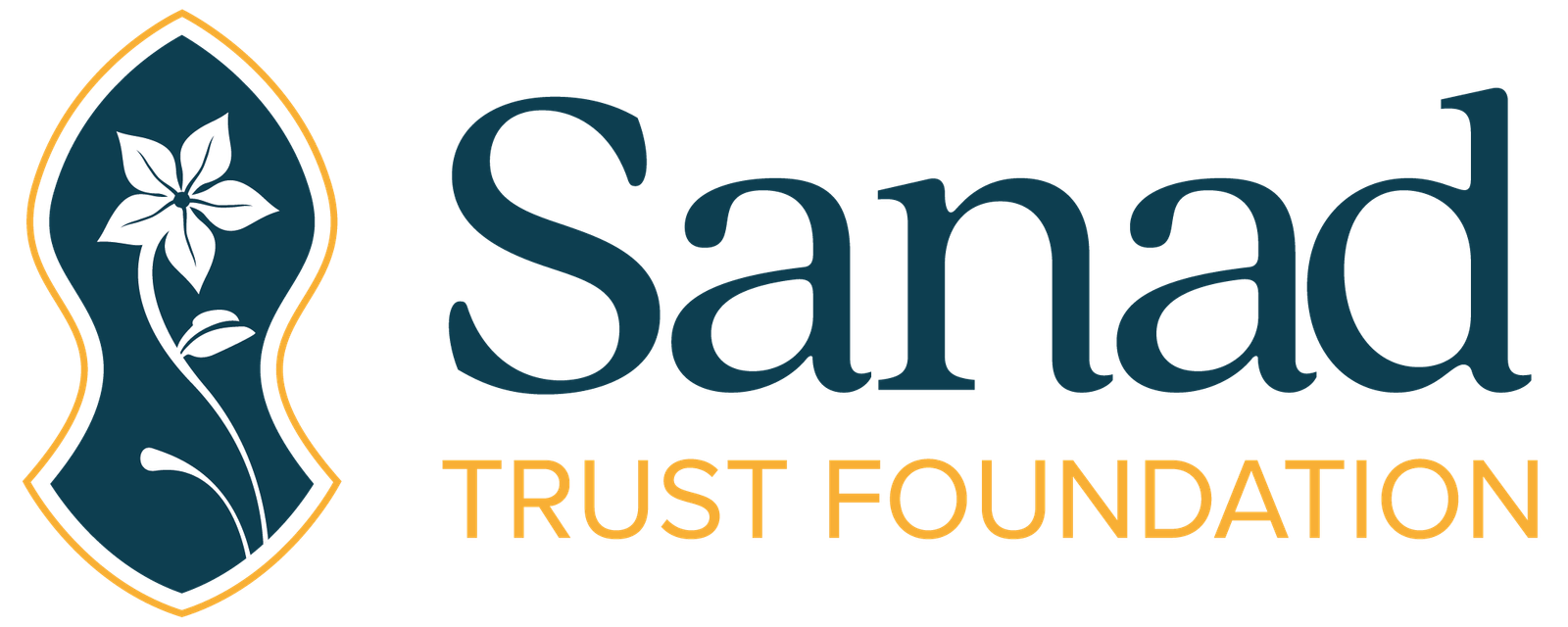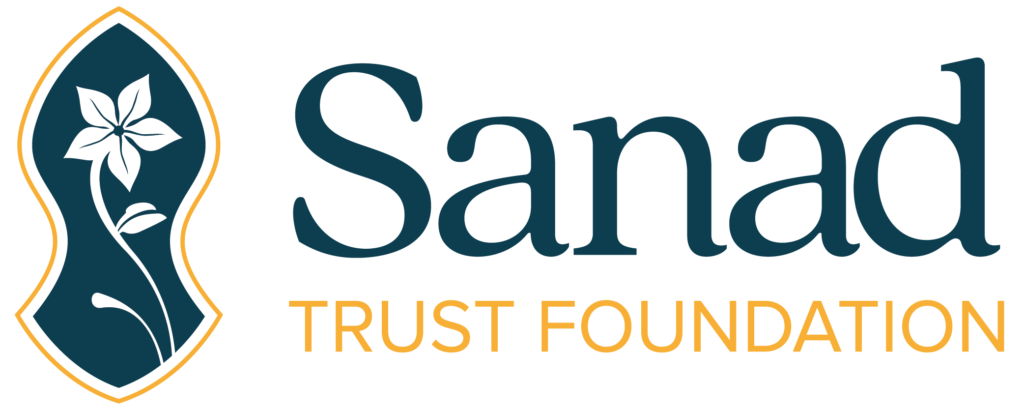19. Rehan Climbs: The Barakah Equation
It’s a strange tension to live with. In my public-facing role, I’m immersed in work of vision and service—teaching, counseling, and leading our team. Then, I come home to my private life. I’m not just ‘Rehan’ the educator; I’m ‘Abujee’ to my children and ‘Rehan baita’ to my mother. As a father and a son, I navigate the same real-world responsibilities as everyone else: helping my children grow, trying to stay healthy, managing household chores. But it’s also where the call to service confronts the private, financial realities of raising a multi-generational family—from budgeting for a breaking-down appliance to our children’s future. This tension, this daily reconciliation, is where the need for a different kind of equation first became clear.
To navigate this, I knew I couldn’t rely on a conventional formula. I couldn’t just add up a salary and subtract expenses and hope to find “happiness” in the remainder. I had to adopt a different framework, one that leaned not on what I could earn, but on the value of the work itself. This became our family’s framework, a conviction I held deeply. We didn’t have a name for it back then; we just knew we had to live it.
This framework became real when I made the commitment, alongside my wife, to found Sanad Trust Foundation. We were pouring our lives into our cornerstone program, Sanad Prep, building an institution for what we wanted for our own children. I understood the financial limits I was placing on our young family. I knew this path meant we had to be smart, deliberate, and, above all, rely on the barakah (blessing) of the work, not on its finances.
It is only now, more than 15 years after we started Sanad, that I’ve finally found a name for that framework: The Barakah Equation. This clarity didn’t come from a strategic plan. It came to me this year, after a discussion I was leading for my Sanad Prep High School students on the life and da’wah of Musa (alayhi salam). We were exploring the paradox of his community, which was not content despite all the provisions and blessings they had witnessed firsthand. Reflecting on their story, and our own, it all clicked.
This reliance on barakah over finances has forced me to think deeply, almost daily, about what “wealth” truly means.
We’ve all seen the paradox: people with almost nothing who possess the most profound contentment, and those with great abundance who are spiritually crushed by the weight of their tests. We see stories of unimaginable wealth, but we also hear the whispers of what falls through the cracks: families broken, children lost, and an emptiness no amount of money can fill. This forces us to reframe what it truly means to be rich or poor. It demands we redefine ‘wealth’ itself, moving past our surface images of poverty and displays of extreme affluence.
The real question isn’t just ‘how much,’ but ‘how.’ We are forced to factor in the barakah of that wealth—or lack thereof. We must ask ourselves the critical questions that determine barakah: What is the source? What is the intent? Is the goal service or status? These are the factors that can increase or decrease that invisible, essential blessing.
This brings me back to that core decision. My reliance on barakah isn’t just a “nice” spiritual idea; it’s our family’s operating plan. It’s the tense conversation when a child wants the next expensive thing, and I have to be ‘Abujee’ the father. It’s the quiet gratitude for provision from an unexpected place. It’s teaching our children their value isn’t defined by what we have, but by what we build for others.
We live near a small executive airport, so private jets fly over our house every day. I’m human; I look up and think, “Man, that would be nice.” I think about the ease, the convenience. But then I catch myself. I have no idea if that person is flying to something wonderful or away from Allah. I have no idea if their wealth is a blessing or a burden.
This journey, this climb, isn’t about demonizing wealth or glorifying poverty; it’s about reframing our definition of wealth and success. The ultimate goal isn’t just comfort, but the feeling of Ridwan—that profound peace from a deep connection to our Creator. The greatest loss isn’t a specific penalty, but the emptiness of living a life veiled from that divine purpose.
The challenge is to hold our blessings with adab (manners). To see poverty and feel responsibility, not superiority. To see immense wealth and feel compassion for the weight of that test, not envy.
This is the Barakah Equation we chose to live by. It’s not the easiest, but it’s the only one that, in the end, actually adds up.
Until the next step,
Rehan

I'm an organizational psychologist, educator & father. After grad school at Teachers College, Columbia University in New York I spent formative time with students & scholars at Dar al Mustafa in Tarim. I've worked with the UNHCR in Geneva & taught social sciences as an adjunct professor in Miami. I write, speak, & consult on parenting, education & institution-building. I serve as founding executive director of Sanad Trust Foundation, a nonprofit that provides education, wellness & community services for children, families & elders.



